FICCI-EY study suggests strengthening industry academia linkages
Updated: Nov 14, 2013 05:15:52pm

The report also focused on strengthening industry academia linkages and collaborating with skill-based training providers.
According to a report released by FICCI and Ernst and Young (EY) on Higher Education in India: Vision 2030, the gross enrolment ratio in higher education in the country would touch 50 per cent by 2030 from the present 17 per cent with the emergence of a "robust" education system by then.
The country will emerge as a single largest provider of global talent, with one in four graduates in the world being a product of the higher education system, says the report.
“India will attract global learners from all over the world and become a destination for higher education,” said the report.
The report also said India will be among the top five countries in the world in terms of research output with an annual R&D spending of USD 140 billion.
It also stated that India will have more than 20 universities among the global top 200 as its higher education system will emerge as a "role model by 2030 for high quality affordable educational system and will become a global magnet of aspiring learners".
“By 2030, India is expected to be a dominant economy of 10 trillion dollars. Hence, there is an urgent need for developing a coherent co-relation between our vision, planning and implementation for education with the economic planning, to make significant strides over the next 15-20 years,” said Secretary General of FICCI A Didar Singh.
According to the Partner and National Leader – Education practice, EY, Amitabh Jhingan, “In order to realise the goals we envision for 2030, adopting a transformative and innovative approach is critical across all the levels of higher education: from curricula and pedagogy to the use of technology to partnerships, governance and funding. Making rapid progress over the next two decades would require a committed and concerted effort from all stakeholders involved i.e. academia, industry, and Government.”
Meanwhile, the report also suggested some crucial interventions like easing faculty recruitment norms, implementing tenure based and rewards-based systems to retain quality faculty, promoting teaching as an attractive profession, and incentivising and facilitating faculty development and exchange programs.
It also called for incentivising high-quality private and foreign participation in higher education and widening access through virtual classrooms and massive online open courses.
The report further sought for strengthening industry academia linkages and collaborating with skill-based training providers and attracting and incentivising best-in-class faculty to conduct research, adopting various models to develop research capabilities in institutions in India. (KNN/SD)

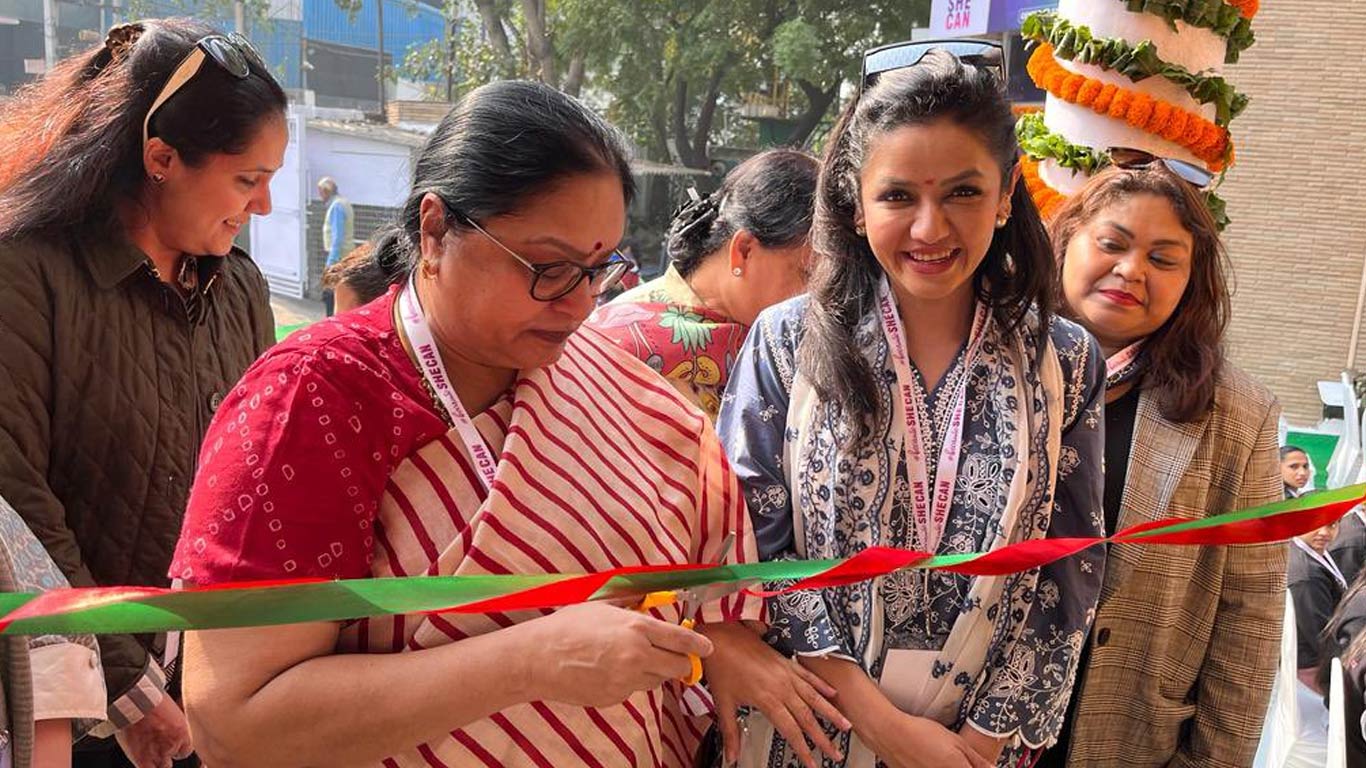
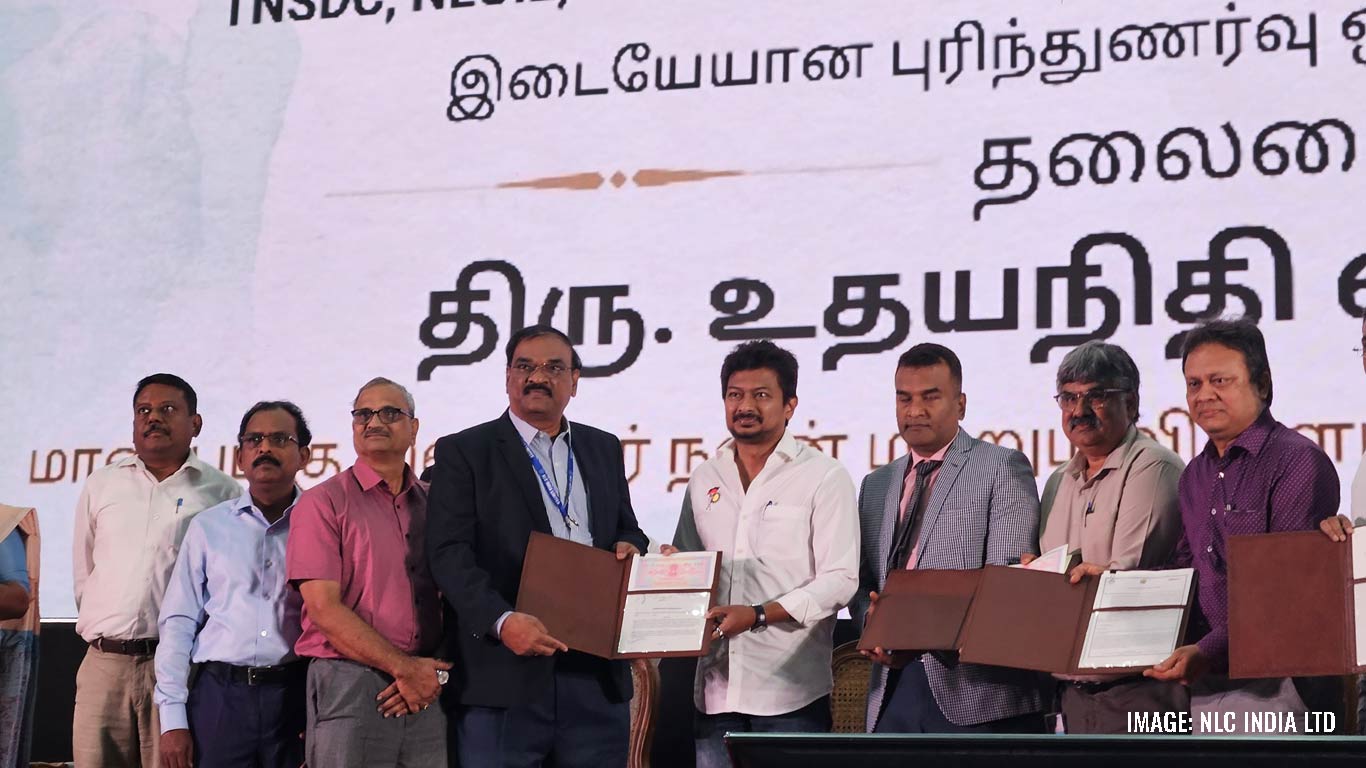
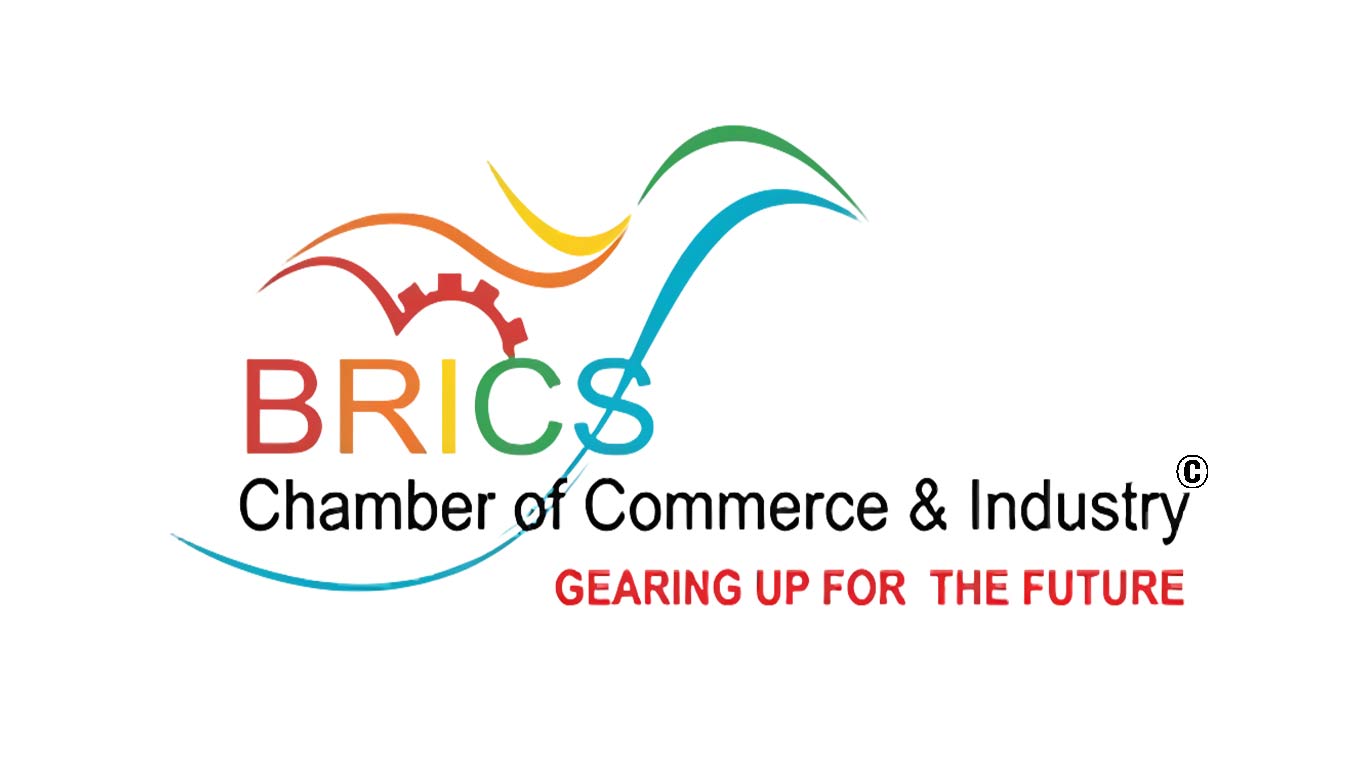
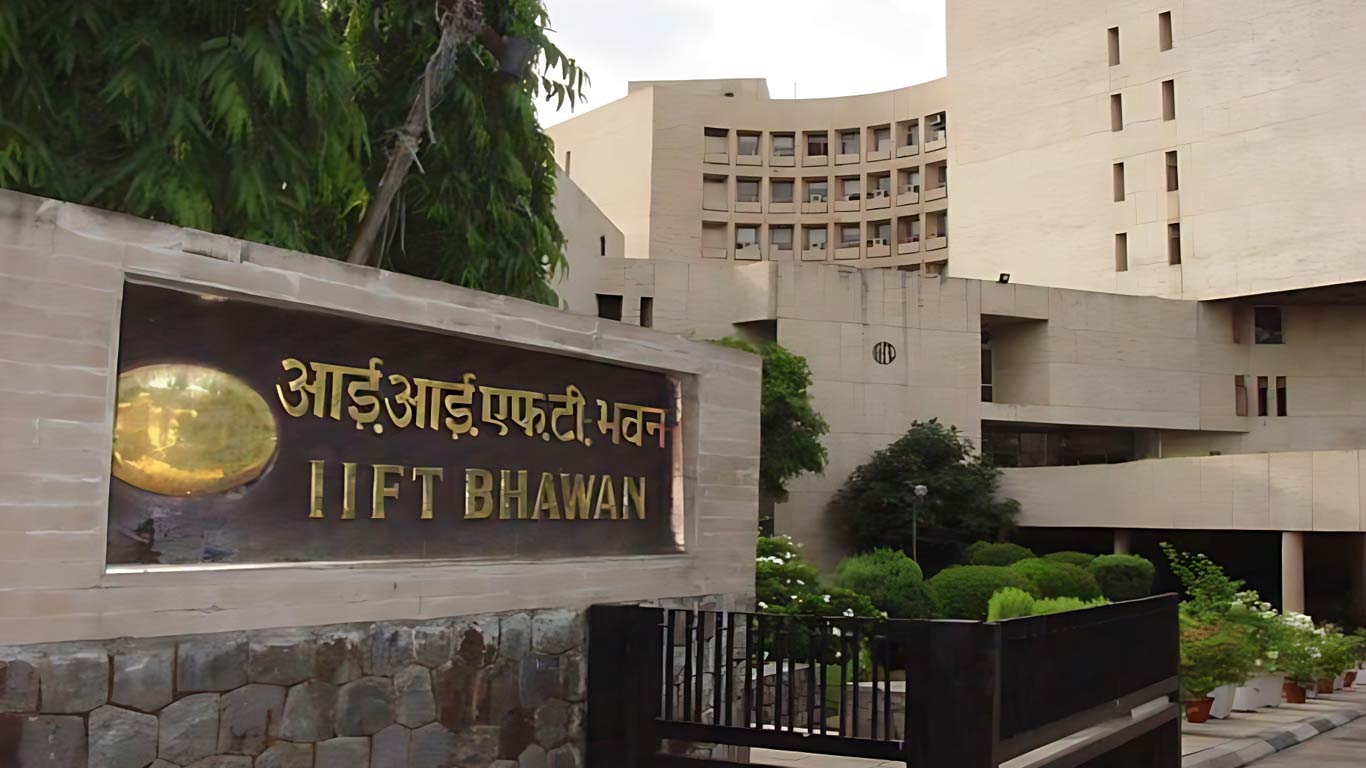
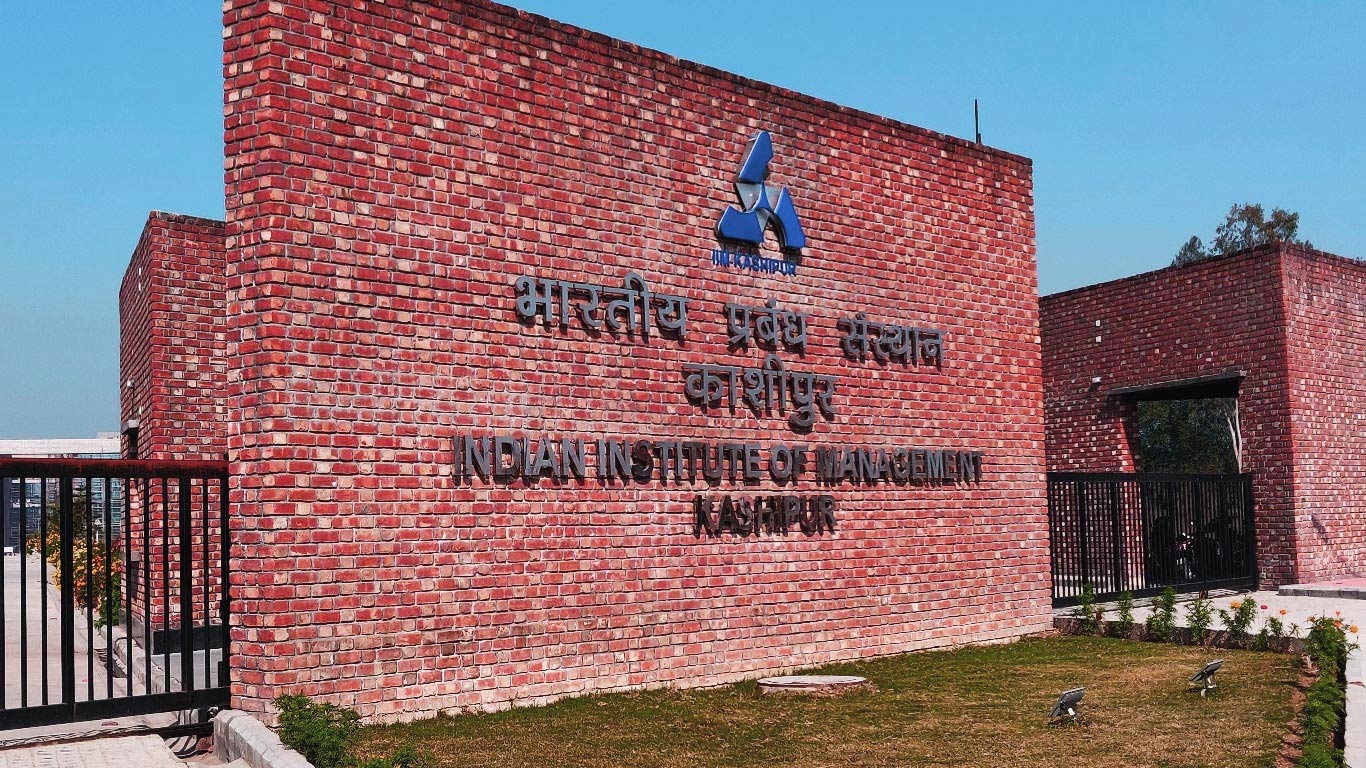





